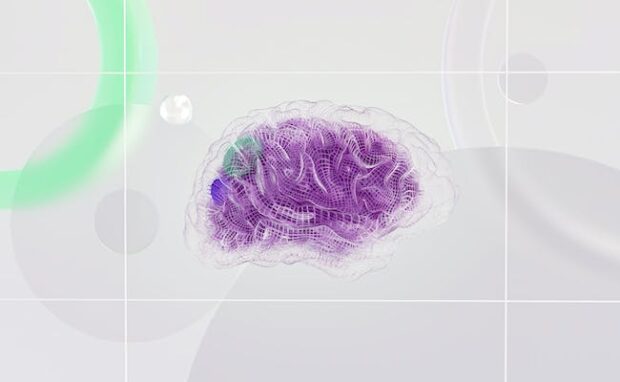Alzheimer’s linked to viruses says study
A study of roughly 500,000 medical records suggested that viral infections could increase the risk of neurodegenerative illnesses like Alzheimer’s and Parkinson’s. Specifically, they found 22 connections between viral infections and brain conditions in their study of around 450,000 people. Also, 80% of these viruses could cross the blood-brain barrier.
Scientific advancements enable us to root out more causes of long-standing diseases. The researchers admitted they have not established a causal link, but it is a step in understanding these conditions further. Soon, we may protect more people from these illnesses by confirming such risk factors.
This article will discuss how a study linked viruses to Alzheimer’s and other brain health diseases. Later, I will share other breakthroughs in fighting viruses.
What is the link between viruses and Alzheimer’s?

The researchers analyzed the medical records of around 35,000 Finns with six different types of neurodegenerative diseases. Then, they contrasted them against a control group of 310,000 who did not have a brain disease.
Their analysis found 45 links between viral exposure and these illnesses. Later, they narrowed these links to 22 out of 100,000 from a UK Biobank record.
The experts discovered those who had brain inflammation called viral encephalitis were 31 times more likely to develop Alzheimer’s. In other words, 24 out of 406 viral encephalitis contracted the disease, roughly 6% of that group.
Those who went to the hospital due to pneumonia after catching the flu were also more susceptible to various conditions. These included Alzheimer’s disease, Parkinson’s disease, dementia, and amyotrophic lateral sclerosis (ALS).
They linked intestinal infections, meningitis, and the varicella-zoster virus to cause such illnesses. ScienceAlert said their impact on the brain persisted for up to 15 years in some cases.
In 2022, a study of more than 10 million people linked the Epstein-Barr virus with a 32-fold increased risk of multiple sclerosis. Senior author Micheal Nalls gained unique insight from this research:
You may also like: Scientists discover cause of Alzheimer’s progression
“After reading [this] study, we realized that, for years, scientists have been searching, one by one, for links between an individual neurodegenerative disorder and a specific virus.”
“That’s when we decided to try a different, more data science-based approach. By using medical records, we were able to systematically search for all possible links in one shot,” he added.
“Although vaccines do not prevent all cases of illness, they are known to dramatically reduce hospitalization rates. This evidence suggests that vaccination may mitigate some risk of developing neurodegenerative disease.”
Other vaccination breakthroughs

Many diseases like Alzheimer’s have no publicly available vaccines at the time of writing. Fortunately, artificial intelligence may help us develop such healthcare protections.
EVEscape is one of the latest machine learning tools that facilitate vaccine development. Researchers from the Harvard Medical School and the University of Oxford created it from the previous EVE model.
The acronym stands for “evolutionary model of variant effect,” which is a generative model that predicts how proteins work based on large-scale evolutionary data across species.
It allows researchers to differentiate between disease-causing and benign mutations that cause heart rhythm disorders and cancers. However, it was not able to keep up with COVID-19’s mutations.
“We underestimated the ability of things to mutate when they’re under pressure and have a large population in which to do so,” computational biologist Debora Marks stated. “Viruses are flexible: it’s almost like they’ve evolved to evolve.”
However, Marks and her team saw the pandemic as an opportunity to improve EVE. They rebuilt it into an AI virus tool called EVEscape that predicts viral variants.
You may also like: AI virus tool helps make “future-proof” vaccines
The experts tried it on COVID-19, and it processed thousands of new SARS-CoV-2 variants produced weekly and identified the most problematic ones. “By rapidly determining the threat level of new variants, we can help inform earlier public health decisions,” said co-lead author Sarah Gurev.
The team posts a biweekly ranking of new SARS-CoV-2 variants found by EVEscape on their website. Visit that to see this AI virus tool in action.
The Harvard Gazette said EVEscape’s other essential application is evaluating vaccines and therapies against current and future viral variants. Consequently, it can help scientists design effective treatments that can fight viruses.
Conclusion
Researchers found a link between viruses and neurodegenerative diseases like Alzheimer’s. They found this strong connection after studying roughly 500,000 medical records.
“Our results support the idea that viral infections and related inflammation in the nervous system may be common – and possibly avoidable – risk factors for these types of disorders,” said co-author Andrew Singleton.
Learn more about this brain disease study by reading its Neuron webpage. Also, check out the latest digital tips and trends at Inquirer Tech.